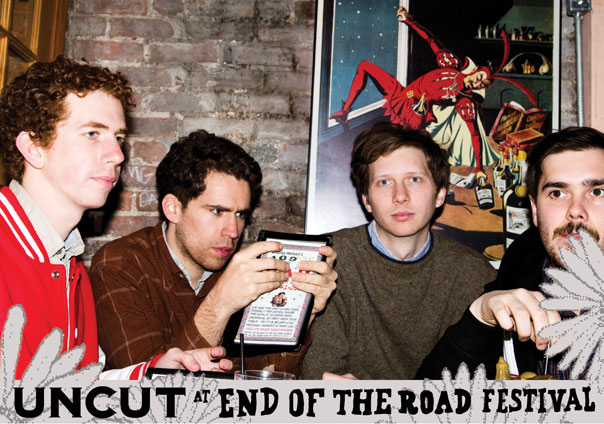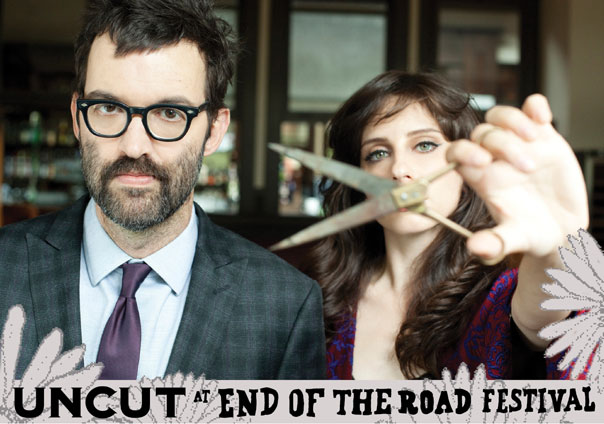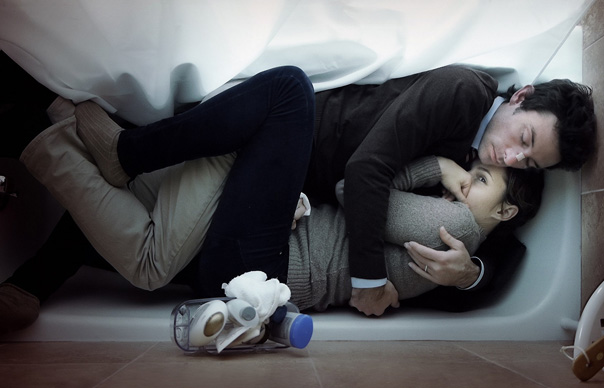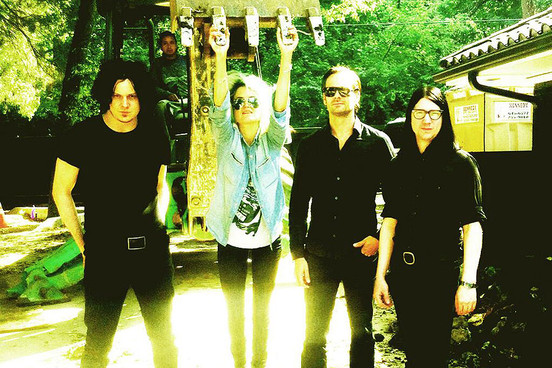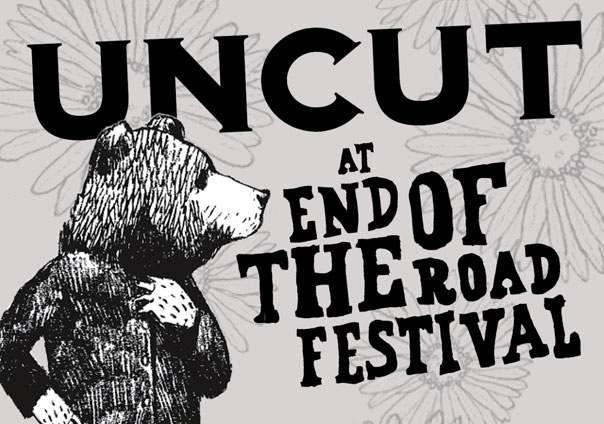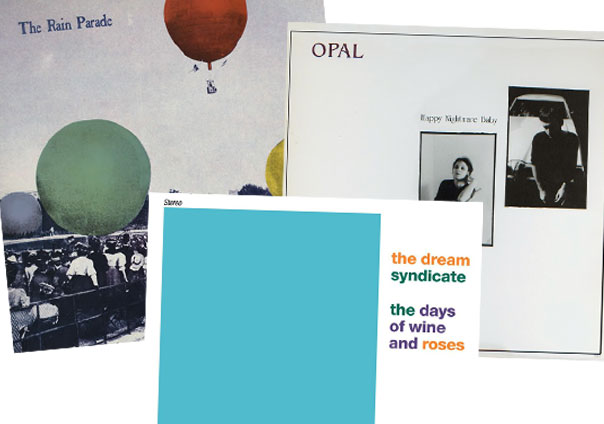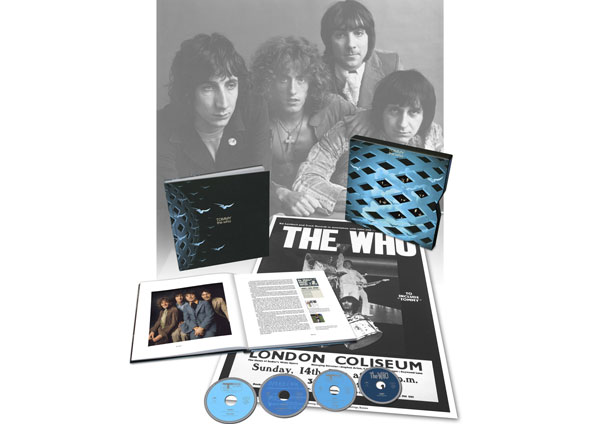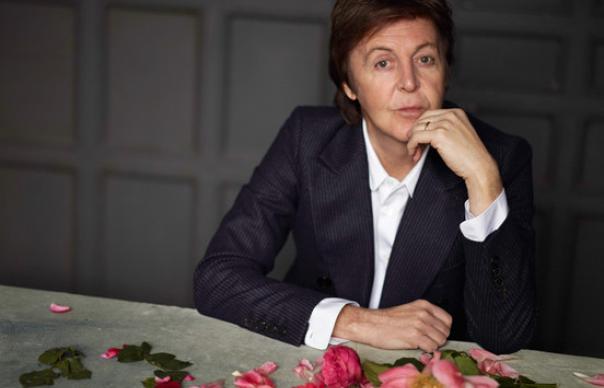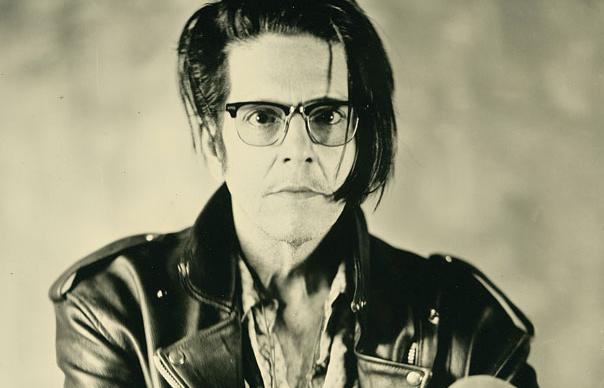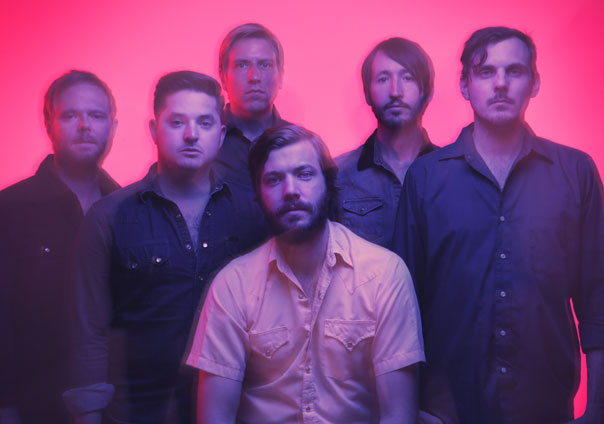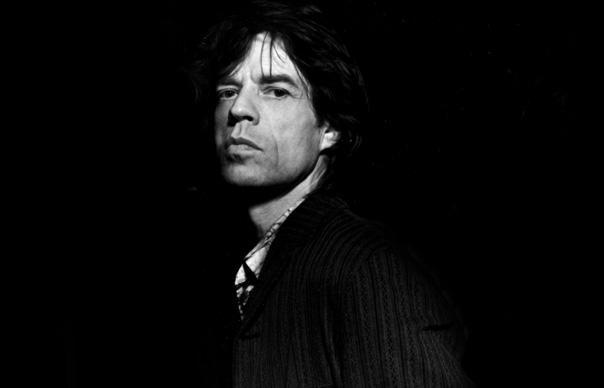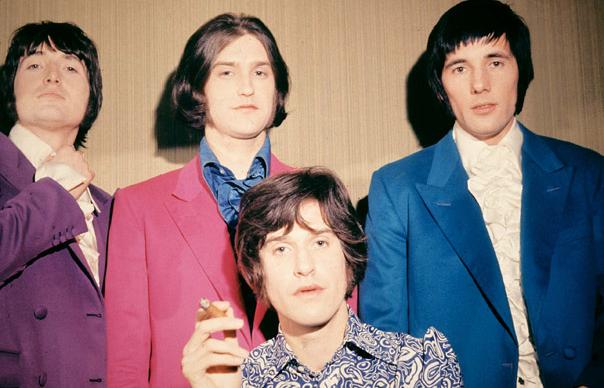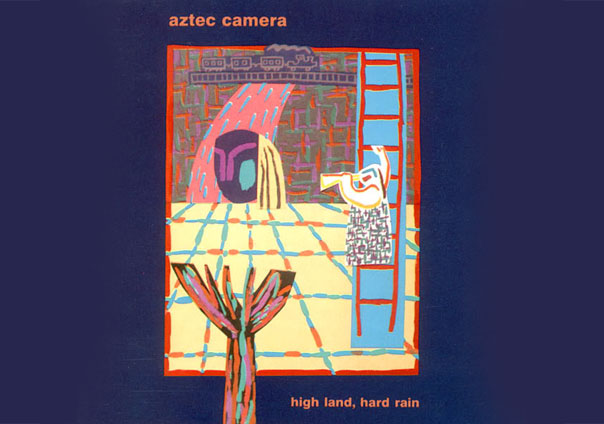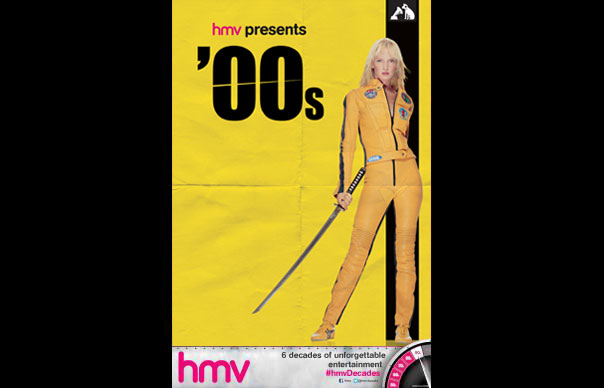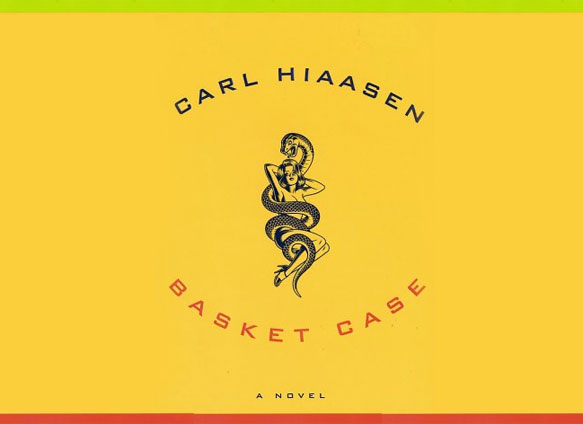I spent a chunk of the weekend reading Bad Monkey, the new novel by Carl Hiaasen – one America’s great crime writers. After a rather fallow period recently, the book feels very much like Hiaasen is back to full strength. As ever, it tells of greed and corruption set in Hiaasen’s beloved Florida; but this one opens with a honeymooning couple reeling in a severed arm on a fishing trip, and from there the story takes in healthcare fraud, reckless real estate development and features a particularly vicious primate that, we are told, one appeared alongside Johnny Depp in The Pirates Of The Caribbean.
Anyway, it reminded me to dust down this interview I did with Hiaasen for Uncut in 2002, around the publication of his novel, Basket Case – a music industry satire. Along the way, we chatted about obituary notices, his long friendship with Warren Zevon and, of course, his tremendous run of novels.
Carl Hiaasen collects obituary headlines. He cuts them out of newspapers and pins them to his bulletin board back home in the Florida Keys. It’s some hobby.
“A couple of them I put in this book,” the 48-year-old novelist tells Uncut, sitting in his suite in a London hotel, midway through a tour to promote his ninth, brilliantly funny novel, Basket Case. “One of them was ‘Ronald Lockley, 96, An Intimate Of Rabbits’. That’s all it says. ‘An Intimate Of Rabbits’. How can you not read that? Another one I’ve had on my board for years: ‘Sir Seewoosagur Ramgoolan Of Mauritius Dies At Age 85’. I just thought this was such an extraordinary name. It’s like something out of Kurt Vonnegut, but he was a real guy. I thought ‘This is beautiful’, because the way The New York Times had written it was in a way we should have all known who he was. Shame on you if you don’t! I just liked it, so there’s this old yellow clipping, it’s still on my bulletin board, and I just thought someone’s doing this for a living, someone’s writing about this stuff, and I’m intrigued by this kind of job.”
With this in mind, it’s perhaps no surprise that Jack Tagger, the narrator of Basket Case, is a middle-aged journalist working the obituary beat on a local paper, The Union-Register. Deeply cynical and prone to bouts of morbidity, Tagger has an unhealthy interest in comparing the ages of dead celebrities with his own years, despairing that he’s managed to live longer than Jack London and Elvis Presley, but consoled by the knowledge that, at 47, he’s still got a few years left before he reaches the age when Harry Nilsson joined the Choir Invisible.
“I think settling on a middle-aged journalist who is a little disillusioned with the business as well as other things in his life appealed to me,” explains Hiaasen, immaculately dressed in chinos, a blazer and an Oxford blue shirt.
“I felt comfortable getting inside Jack’s head and I’d always wanted to write about an obituary writer. And I thought the time to do that would be to have a character in middle age, because that’s the worst possible time to start writing about death, because it’s the time when you start contemplating it.”
__________
Basket Case follows Tagger’s investigation into the mysterious death of James Bradley Stomarti, aka Jimmy Stoma, singer with Eighties rockers Jimmy And The Slut Puppies. It’s markedly different from Hiaasen’s previous novels, which mostly concern themselves with highlighting the very real threat posed to the Everglades by crooked politicians and avaricious land developers (“There’s always this trail of slime which comes down the peninsula,” he sighs). This time round, the target of Hiaasen’s withering satire is the music industry – personified by Jimmy’s greedy, ambitious widow, Cleo Rio, and her inept, ponytailed producer, Loreal. By fondly upholding Jimmy’s memory and making Cleo out to be an unscrupulous, grasping star-fucker, Uncut wonders whether Hiaasen – who collaborated with Warren Zevon on his 1995 album, Mutineer, and counts Roger McGuinn and David Crosby among his friends – is using Basket Case to pass comment
on the shortcomings of today’s music scene.
“I like some of the bands now, but you have to admit that music videos and TV have changed a lot of things and people that could never have got a record made 25 years ago will now get in through the door on the basis of how they look,” he says. “And part of what I did with Cleo was to try to have some fun with the diva thing, because that’s sort of a new concept. I mean, Tina Turner was around a long time before you could call her a diva, but now you have all these young, petulant, insouciant Alanis-wannabes who realise that if they can just get one video on MTV then they’re going to be big. There’s something so transitory about it now. Out of morbid curiosity
I watch the Grammys and the MTV Awards and you know that 90 per cent of the people walking up that red carpet are going to be trivia questions in three years from now. And I wanted to comment on the idea of their 15 minutes is coming and going and they know it, and they’ve got to hit it big, and this is Cleo. So she’s got this phoney producer, and there’s a million of them out there who can barely work a board, and the naked ambition is there.
“Some of it’s nostalgic,” he admits. “I’m sure there was plenty of bad music written when I was a kid and we tend to remember the good stuff, but the fact is there was also incredible loyalty among listeners.
I mean, you bought everything the Stones did, you went out and you bought everything The Kinks came out with. Now, a band waits two or three years between albums and they’re all ‘Axl who?’ It’s astonishing, and I don’t know if it’s a function of the fact that there’s just so much more music out there now, or whether it’s a function of television – if you don’t see it on TV enough, then you forget about it. What accounts for the fact people don’t stick with a group or a singer these days? I remember my folks making fun of Ozzy Osbourne, but you know what? You turn on FM rock in the States and there’s Ozzy. Now tell me that 20 years from now we’re going to be listening to Kid Rock. I don’t think so. And I’m not saying it’s better or worse, I’m just saying it’s changed, the appetite and the loyalty’s changed.”
Hiaasen acknowledges he loved “messing around with lyrics, trying to create a fictional discography” for The Slut Puppies (a term his wife coined to describe the sexual habits of certain Floridian males), and has even co-written a song, “Basket Case”, for Warren Zevon’s new LP, My Ride’s Here (opening lines: “My baby’s a basket case/A bipolar mama in leather and lace”).
“But the challenge was the new technical stuff about how albums are made,” he acknowledges. “You can essentially produce a whole album on a laptop with Pro Tools and all these things. Warren has a home studio, so I was able to talk to him, and Roger McGuinn is just a wizard at all this stuff, so I talked to him, and I was amazed at what you can do with these programs. So I had to get educated about that, but then I had to also be able to describe it as it would hit Jack’s ear and have him try and understand it, too. He’s sort of like me, I mean he’s fumbling around with eight tracks, so I wanted to explain what was going on without getting too technical, ’cos I didn’t want it to be too inside, too much of a primer on record production, as that wasn’t the point. So that was the challenge – learning about how it was done. But the fun of it, of course, is always the lyrics.”
__________
Carl Hiaasen began writing when he was six on a battered manual typewriter, bashing out sports reports for his parents. After high school, he took a journalism course at the University of Florida, graduating in 1974 to join
a Fort Lauderdale-based newspaper during one
of the most turbulent times in American history.
“I was 21 when I started as a reporter, and Watergate was breaking and Nixon was about to resign, and I think you certainly went in with the idealism,” he explains. “I didn’t go in thinking ‘I want to work for The Washington Post and bring down a crooked president,’ but I went in thinking ‘There are stories like this all over the place, and wherever I’m working I want to be able to turn over rocks and shine a spotlight on these cockroaches,’ because that’s what it’s all about, and you certainly wanted to kick some ass.”
He moved to The Miami Herald in 1976, working on the paper’s investigations team, where he swiftly made himself a royal pain in the ass for the greedy and corrupt, dragging kicking and screaming into the public arena everything from suspect land deals to drug smuggling and the cocaine wars in Miami.
“I never saw myself in the role of crusader,” he insists. “I just thought this was going to be a good gig – I had a social conscience, I wasn’t marching
in the streets, but I thought this was a chance to go out and help. And also learn to write. If you’re going to be a writer – if you want to learn how the world works and how people really talk – there’s no better place to learn than a big city newsroom. All the senses that you use on covering a story, whether
it’s a city hall meeting or a car accident or a homicide or whatever, all the senses that you’re using and putting in your notebook are things you’re going to have to pull out of your imaginary notebook when you’re writing novels. It’s great training and it’s no accident that so many novelists have come from a newspaper background.”
After three early novels, co-written with Herald colleague Bill Montalbano, Hiaasen’s first solo work, Tourist Season, was published in 1986. Fast-paced and hugely entertaining, it was fuelled by a savage wit and
a dark, righteous indignation at the injustices committed in this world which have since become his stylistic trademarks. A regular fixture in the
bestseller lists, his novels have even found their way onto the English literature syllabuses in some American universities, firmly establishing him as America’s pre-eminent satirist and crime writer. He still contributes a twice-weekly column to the Herald, and it’s hard not to speculate that the sub-plot of Basket Case – the gutting of American journalism –
is inspired by Hiaasen’s own experiences.
“I’m lucky, because I work at a much bigger and aggressive newspaper,” he says. “Even though we’ve certainly been pared down and got beaten up financially in the same way that Jack’s paper is, when it happens at a big paper you can fill the holes, but in a small paper you start losing that much of
a staff, you literally stop covering cities, you stop covering politicians, you don’t have enough warm bodies to do it. I wanted to set the story at a smaller paper – it would be more dramatic so the folks could see the readers are the ones that are getting screwed out of this corporate devouring of newspapers. It angers me that the readers are secondary to the stockholders now, and how papers are budgeted and resources are allocated. It’s much less a question of serving the readers than keeping the profits jacked up to really obscene levels, profit levels that would make General Motors drool with envy. And that’s what most newspapers do, and the best way to make money in newspapers is to not put so much news in the paper because it’s expensive.”
With Florida linked to many of America’s
murkier national scandals – the chad debacle
during the Bush-Gore presidential race, the Enron bankruptcy and the 9-11 hijackings – Hiaasen has no shortage of ready-made material for his books and columns. In short, you couldn’t make them up, and we should thank God that Hiaasen’s out there, exposing the shitweasels of this world, riled up
and righteous.
“For me, it’s therapeutic to write these novels,” he says, finally, a smile breaking across his face. “But I couldn’t do it, I couldn’t be funny, if I wasn’t pissed off.”


